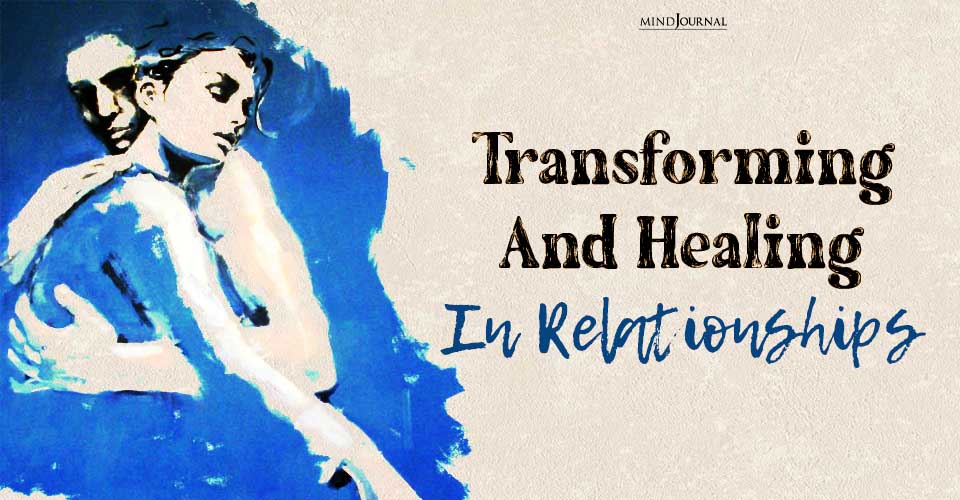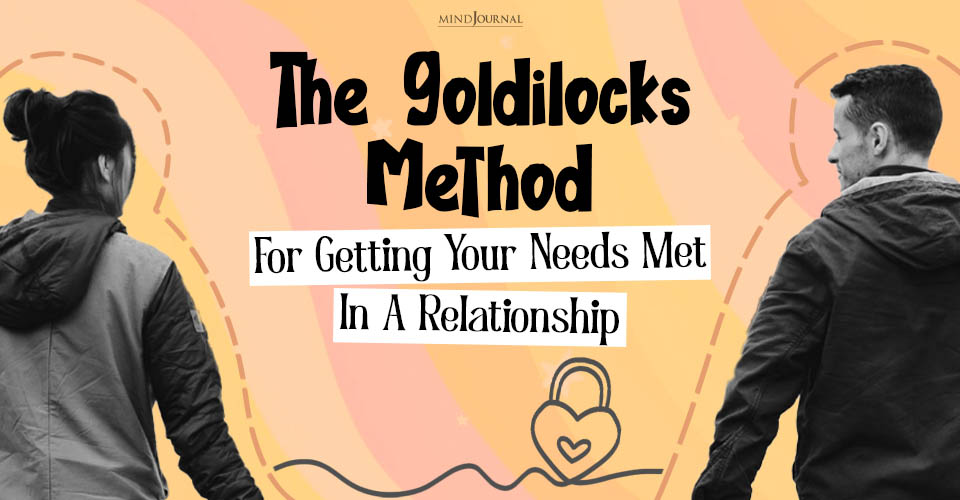“Those who choose to adopt an infinite mindset are better equipped to manage the unknown. In fact, they are able to find opportunity in uncertainty.” – Simon Sinek
Over the last decade of working with clients, helping them create more empowered lives and secure connections, I have seen some themes show up on repeat. Themes that don’t serve their highest good or the relationship they seek to create.
At the heart of so many struggles I’ve seen in my clients’ relationships is the idea of anxiety and insecurity, which tend to trip them up and keep them stuck in this negative loop they have a hard time breaking free from.
Can you relate?
My attempt here in this email is to open you up to a new paradigm of thinking, where you begin to see your life and your relationship through a different lens — one that allows you to source your security internally, rather than externally, on things that are out of your control.
At the heart of this paradigm is the idea of infinite versus finite thinking, and in my own life, I’ve seen it almost magically solve so many of my own anxieties or fear-based thinking, opening up solutions in an almost miraculous way.
Related: 9 Thoughts That Prove You’re In A Genuinely Healthy Relationship
Here’s what it’s about:
Essentially, finite games are those with clear rules, where the goal is to win and beat your opponent.
I’m sure we are all familiar with games like these — literally, every sport is a finite game, and we are indoctrinated at an early age into this kind of thinking in so many ways in our society.
Infinite games flip the script:
The rules are less clear and the objective is not to beat your opponent but to keep the game going. Very different, right?
How does this relate to relationships, you might ask?
Well, I believe the core of the fear or anxiety we feel in our relationships stems from approaching it with a finite game mindset, and if we can just tweak our lens a bit to see it through an infinite mindset it can give us the tools to deal with that anxiety in a completely different way or eliminate it completely.
We must recognize what finite thinking looks like in a relationship. One way it might manifest is something like this:
You’re in a new relationship and you find yourself wanting to define and label the connection — are you a couple? Boyfriend/girlfriend status, or what? Or maybe that box is checked, but now the next step is marriage, and you’re wanting to move towards that.
Now, inherently there’s nothing wrong with either of those things — wanting to define the relationship or the desire for a deeper commitment.
Where we run into trouble is the associated anxiety of not being in a certain place, and thinking, “Well, once we’re there, I can finally relax; it will be official and then I will feel secure.”
This is a problem because when we do this, we’re putting our sense of security on circumstances outside of our own control, on societal “mile markers” that really are just arbitrary. It’s not a stretch to see how this kind of thinking can breed a sense of powerlessness.
Related: The Danger of Sliding Instead of Deciding to Get Married
So here’s how to maneuver out of that:
First, we need to realize there is no end game in the relationship. The infinite player isn’t focused on a label or a destination, because they know that’s not where real security lies.
Put another way, 50% of marriages end in divorce, so is that status truly secure?
The infinite player puts the focus on who they are becoming in the relationship. They are focused on the qualities they are developing in the crucible of the relationship. They realize that security is not going to come from outside of themselves, and if they feel anxious, it’s an opportunity to create the security they seek inside of themselves rather than looking for that from their partner.
In turn, they bring that sense of security as an offering to the relationship, instead of a need looking to be fulfilled.
There’s not some ultimate end result they are looking for: the infinite player is focused on connection more than commitment because when it all boils down, it’s all about the connection, not the labels.
Another way finite thinking shows up is in questions around who holds the power, who might be more attracted to whom, or more committed, etc.
The result then is a competitive mindset where one person is winning and the other is losing. This kind of thinking is super destructive because it results in game-playing and emotional withholding, and overthinking — a ripe field for more anxiety.
The infinite player, on the other hand, recognizes the other person as being on the same team. They make the shift from competition to collaboration, around envisioning and consciously designing the ideal future for them both.

Yet another way finite thinking might appear is by looking for your partner to meet all your needs as a human. This is the perfect breeding ground for anxiety and ultimately can result in scorekeeping where you’re keeping track of what you’ve given, in hopes to get those needs met in return.
What the infinite player does is see the relationship as a place to give rather than get, as an act of expression of who they want to be in the relationship, where the giving is the gift itself.
The last way finite thinking might appear is by seeing other people as a threat. They might see people who make more money, have better looks or have more gregarious personalities as a threat to the relationship or competition to themselves.
What happens with this type of thinking is we’re actually discounting our own value, which naturally will crack the foundation of our own security and have us show up in jealous and controlling ways.
What does the infinite player do? They see these people as inspiration and admire those traits these people possess that they themselves may need to develop.
So, I must mention that finite thinking and goal setting is not all bad – it’s not a bad thing to have “relationship goals”, and that type of thinking can definitely lead to a lot of forwarding movement.
Related: 5 Signs You’ve Got A Spiritually Healthy Relationship
The problem is when we get stuck there because the dark side of finite thinking is that we can start to feel like victims if the relationship doesn’t line up with our ultimate vision.
The infinite player has honed their ability to instead metabolize and alchemize what could be considered “negative” surprises and anxiety, and see them as a teacher or a gateway to becoming a better human.
That’s the power of infinite thinking, and the side benefit is that it puts the power squarely in your own lap of how you’re going to interpret events and your own reactions.
What are your thoughts? Can you see areas of your life where you’re stuck in finite thinking? Or where there’s the opportunity for expanding into that more infinite realm? I’d love to hear what’s real for you with this.
I’m going to be launching a small but potent circle called The Infinite Relationship Group soon. It will consist of a small 9-month group experience of my one-on-one coaching. The purpose will be to support you coming into total alignment so that you can create healthy, lasting, and empowered relationships. It will be a deep exploration into the state of being called “securely attached” and how to create your relationships and world from that as a starting point.
If this sounds remotely interesting and would like to be considered, connect with me right now and let me know. I’ll be sure you’re included in a follow-up email with more info.
Clayton Olson is an International Relationship Coach, Master NLP Practitioner, and Facilitator. He delivers private virtual coaching sessions and leads online group workshops. Register for his free webinar that reveals the 3 Keys to Attracting and Keeping a High-Quality Man or grab his free guide 5 Secrets To Create A Rock Solid Relationship.
Written By Clayton Olson Originally Appeared On Clayton Olson Coaching Republished here with permission










Leave a Reply